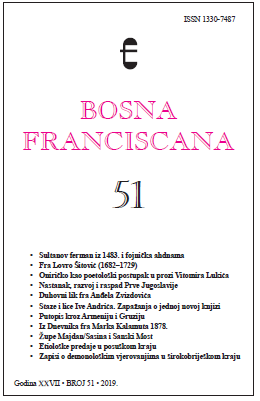Author(s): Ilija Pejić / Language(s): Croatian
Issue: 2/2008
The entirety of cultural endeavours (fine arts, music and the scene), as the axis on which the literary life of Bjelovar and its surroundings – the so-called Bjelovar Literary Circle – had revolved in the period between the end of the Second World War and the beginning of the 1960s, is presented in the introductory part; the paper further analyses and critically evaluates a variety of works – published both in journals and in books – by the means of direct insight into the creative opus of each of the authors individually. After the Second World War had ended, during the socialist era (self-management socialism since 1950), many writers, who had achieved their affirmation between the two world wars, continued practising their literary work in the newly-established circumstances. They mostly concentrated on social and war-related prose (M. Kudumija, S. Kolar, I. Dončević, Z. Jušić-Seunik). K. Špoljar joined them subsequently, and similarly did children’s writers (M. Lovrak, S. Kolar, Z. Perlić, Z. Jušić-Seunik, E. and B. Špoljar). In the later 1950s, E. Špoljar introduced – along with the works by domestic authors – dramatic works of foreign (particularly American and English) writers into the repertory of the National Theatre. Dramatic works by S. Kolar, K. Špoljar, as well as E. and B. Špoljar were created in the said period as well. K. Špoljar, V. Bažant, J. Biškup and M. Taritaš entered the literary life with their first poetry collections then. The jazz sounds were slowly approaching Bjelovar thanks to the interpretations by B. Petrović, whilst abstract painting (E. Murtić, I. Friščić) and sculpture (V. Bakić, J. Zeman) began conquering numerous galleries, among which the gallery of the Town Museum. In the early 1960s, a new writer generation was born; their full affirmation would follow during the 1960s, accompanied by loud rock and roll and the then contemporary compositions based upon the classical music (J. Magdić). Those were poets contemplating over the absurd and the contrasts of the world (Ž. Sabol), fears, lost native place (M. Taritaš, V. Bažant), ironical detachment (J. Biškup, V. Šiljak), but also prose-writers tackling social (M. Sabolović) and contemplative (urban) topics (K. Špoljar). These writers would remain the principal holders of the literary life until the 1990s. A new generation joined them in the 1970s and 1980s: G. Tribuson, J. Pavičić, M. Selaković, B. Zeljković, etc.
More...
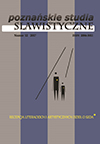

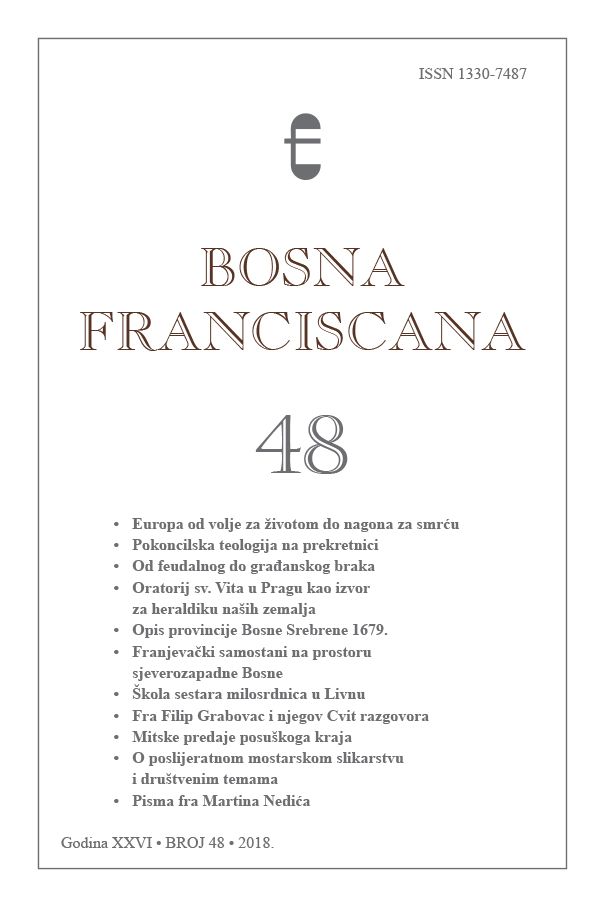
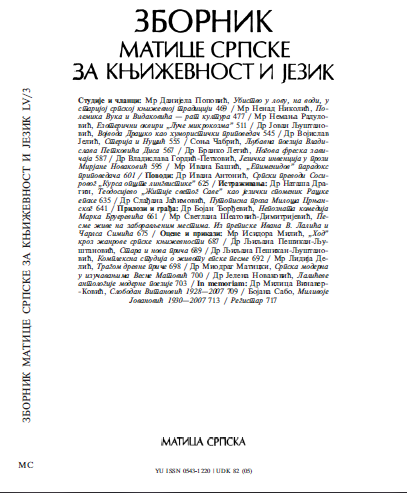
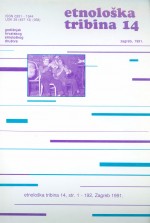
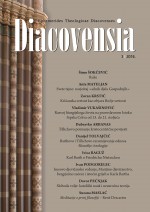
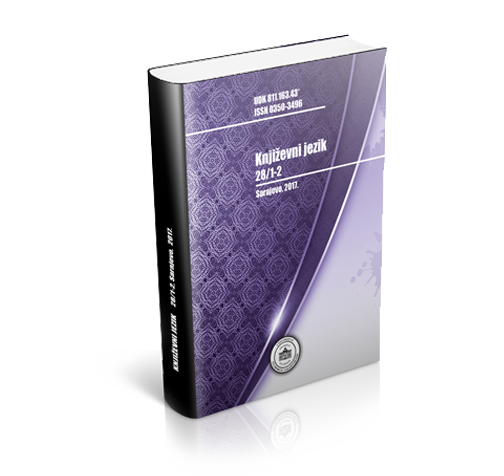
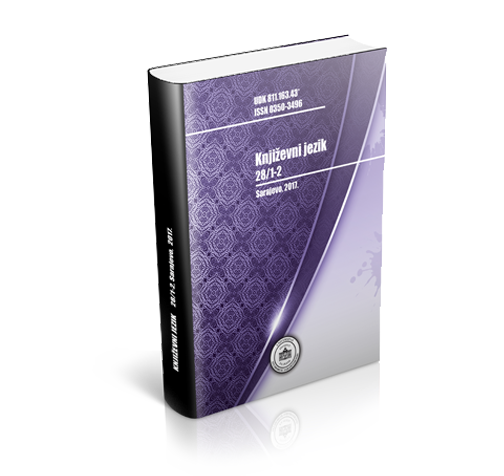
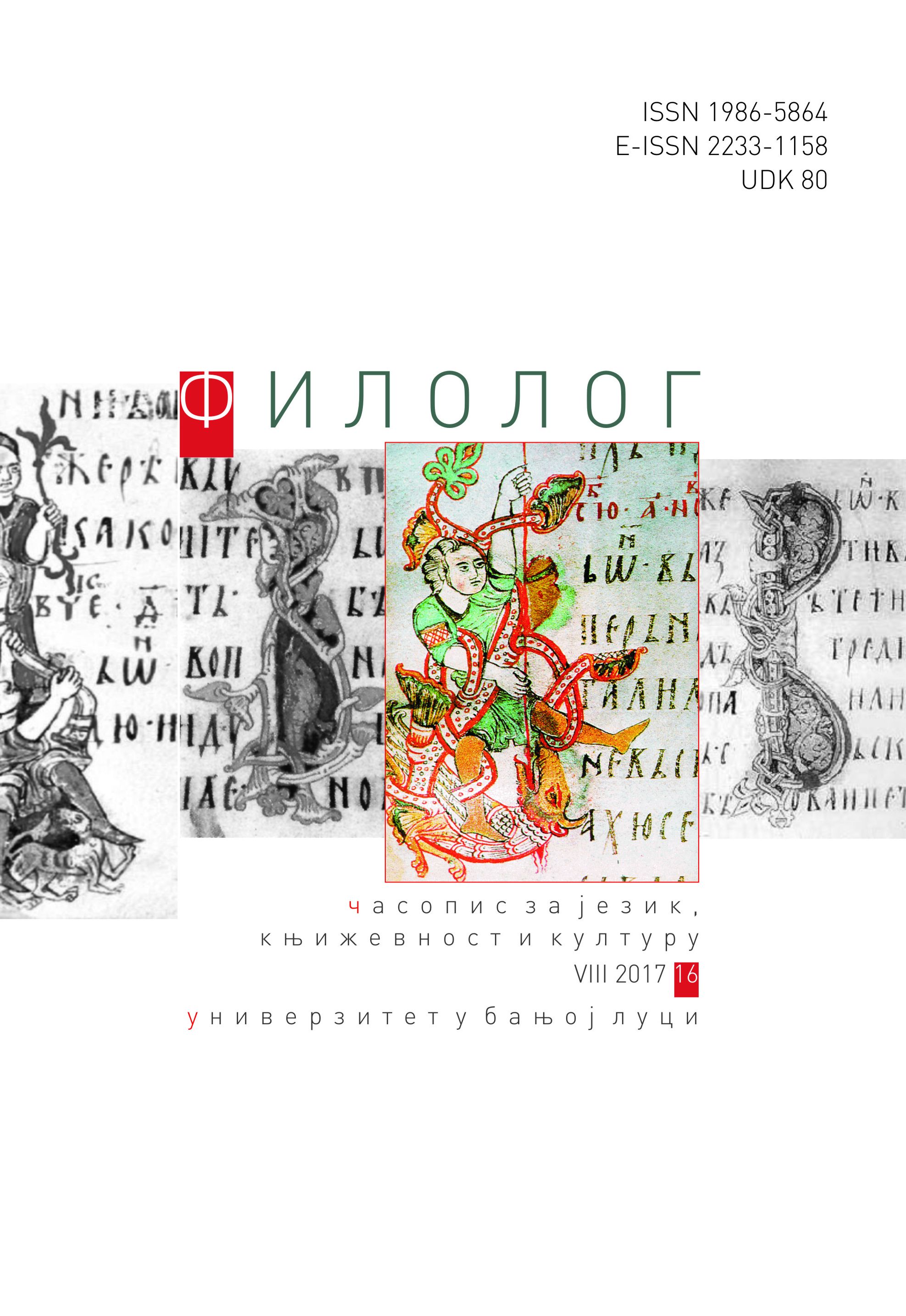
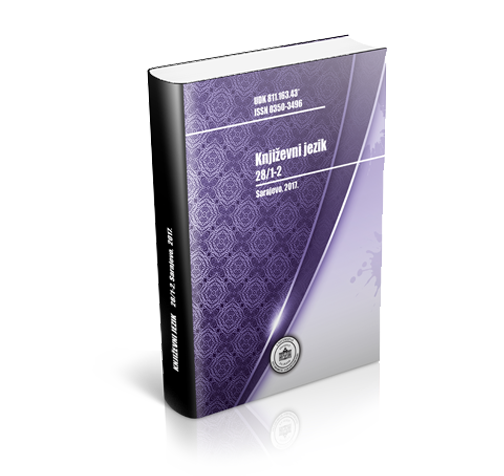
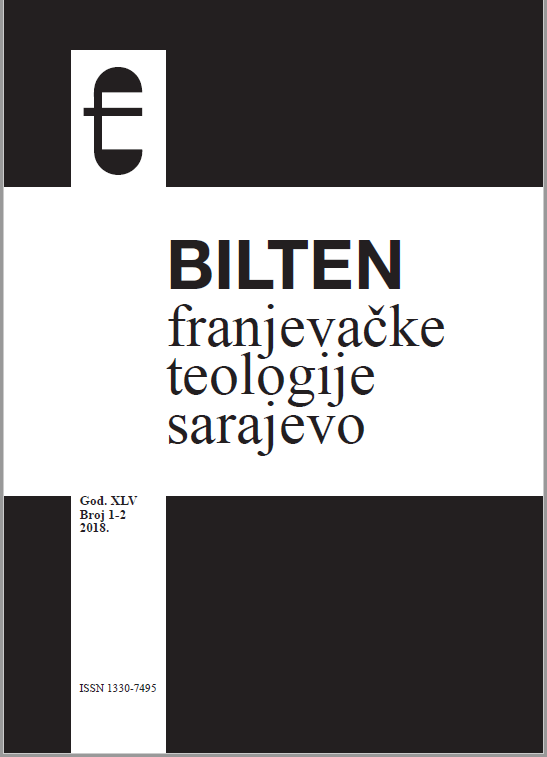
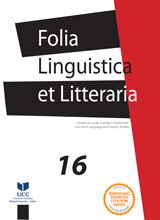
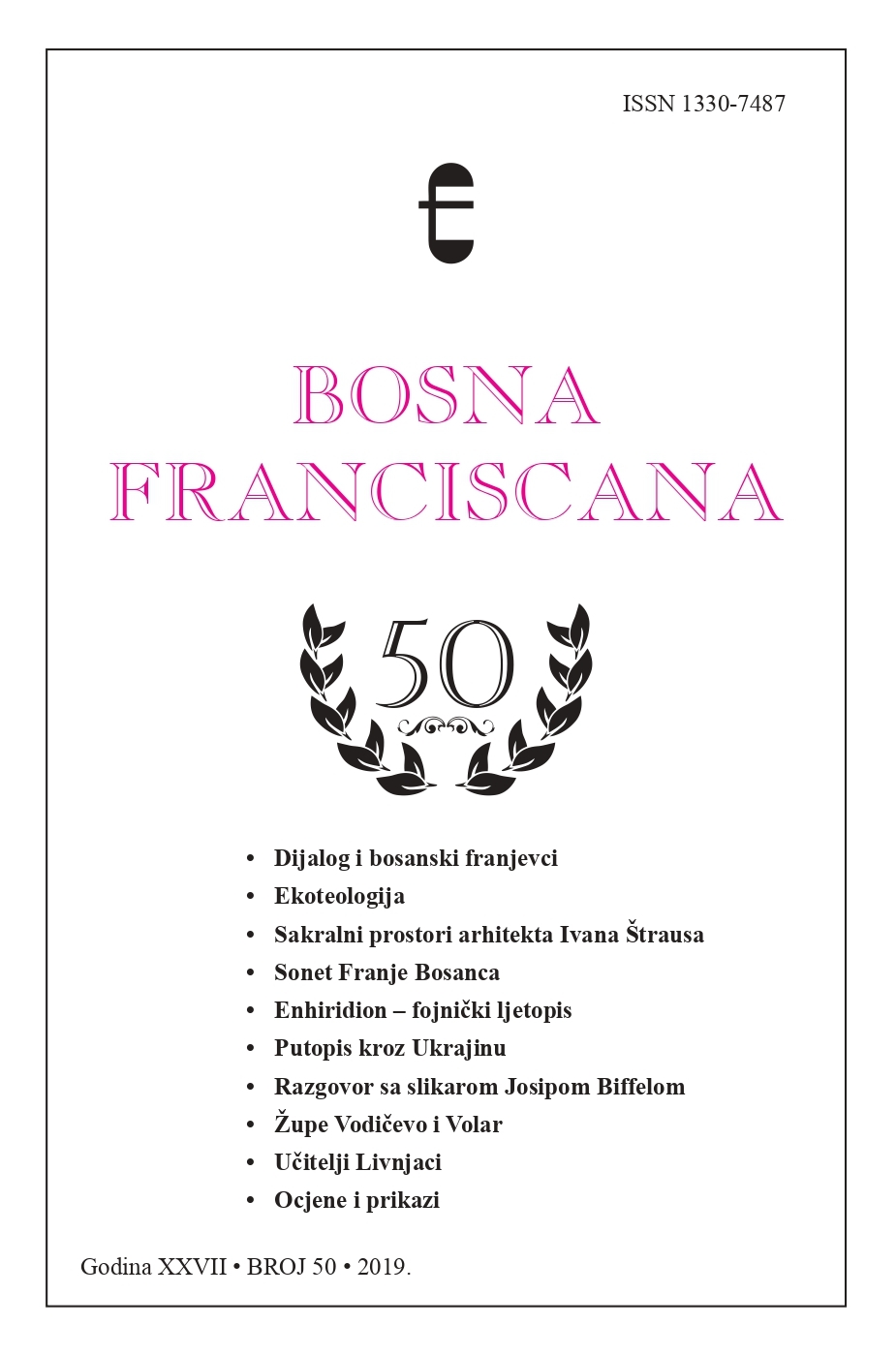
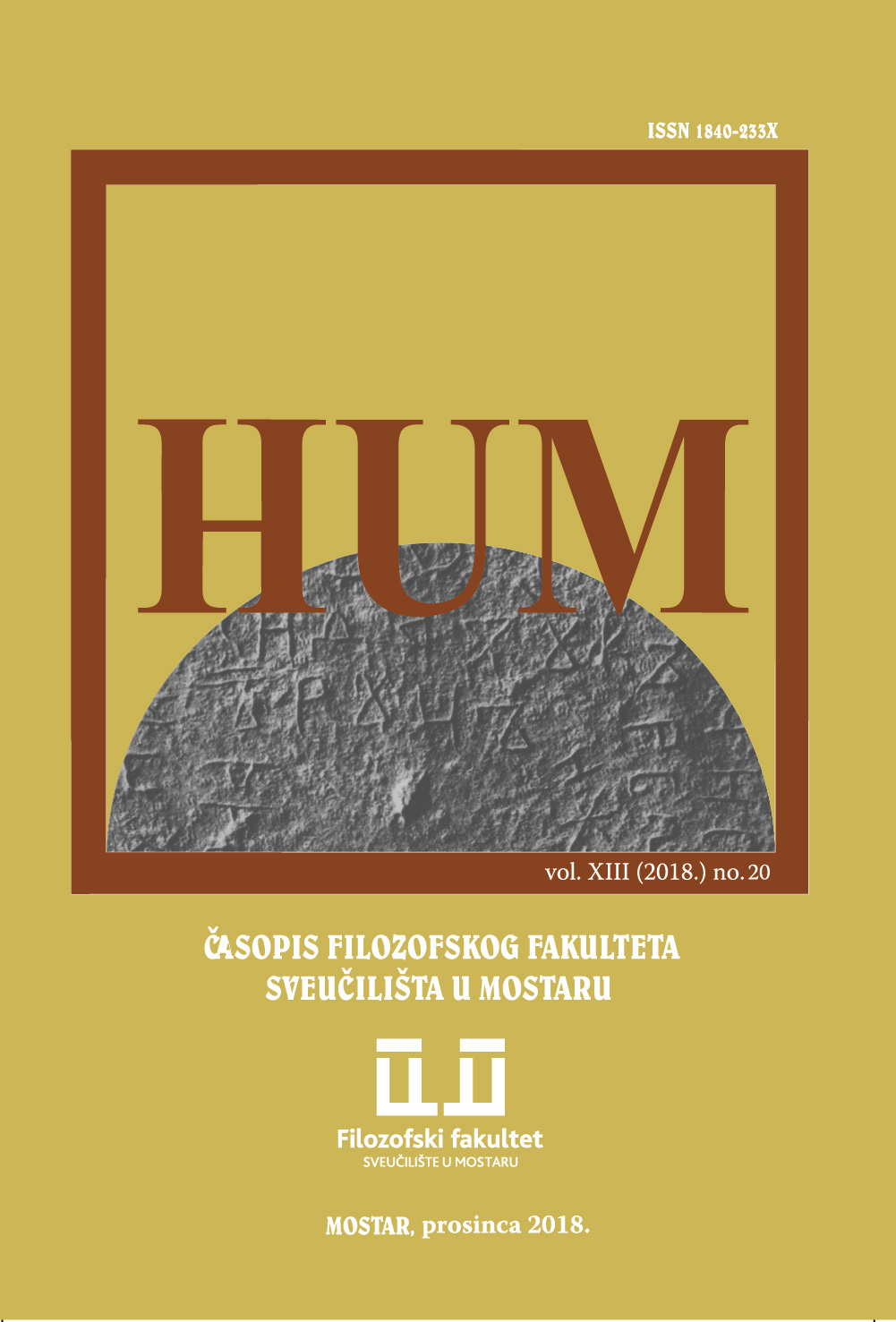
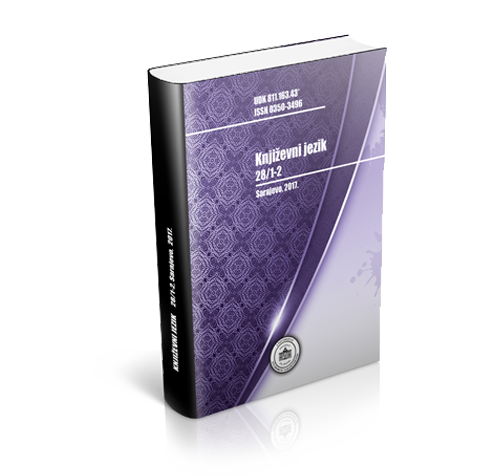
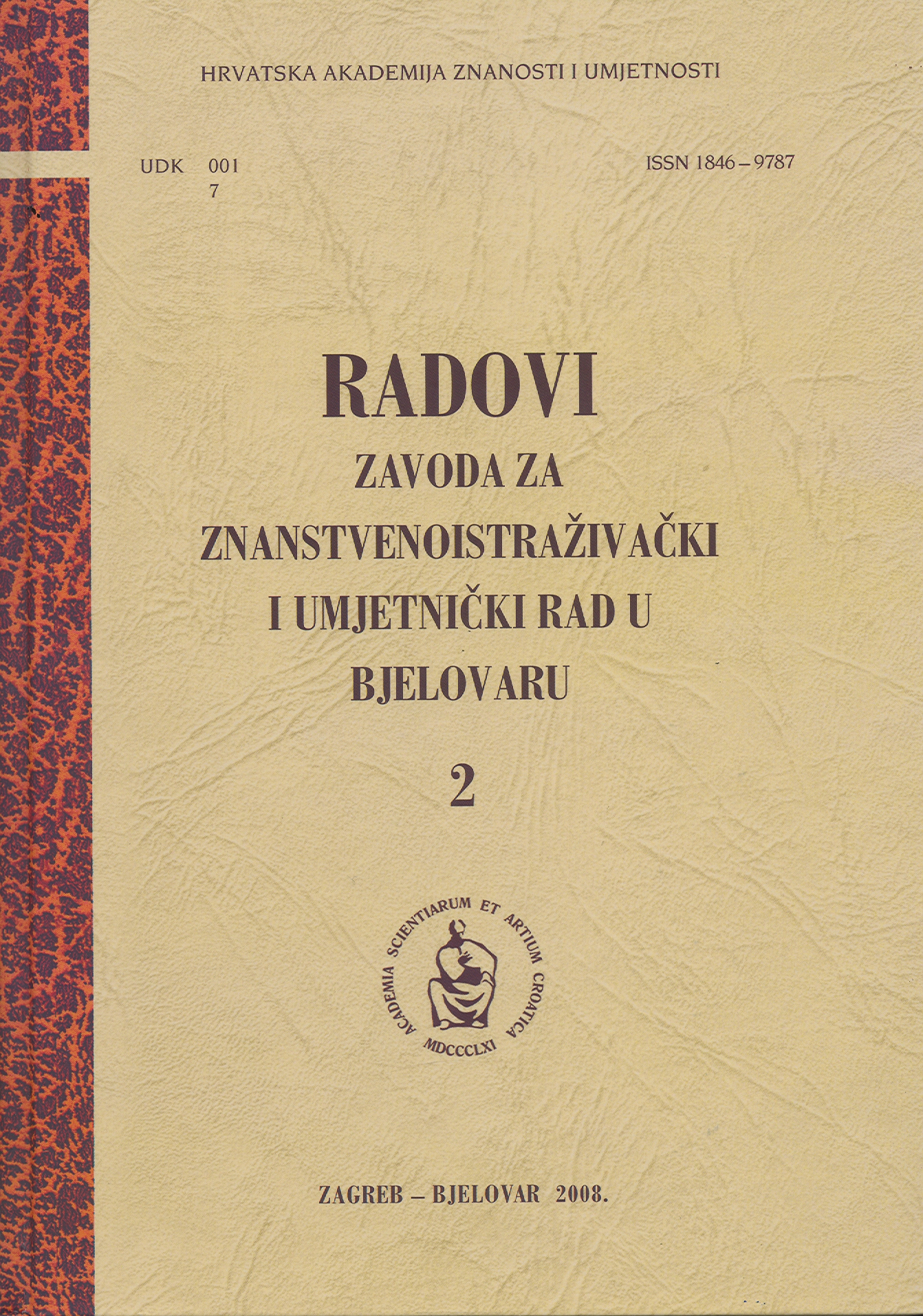
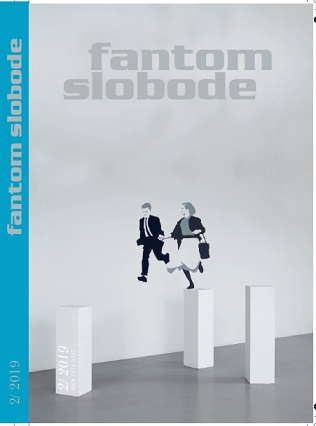
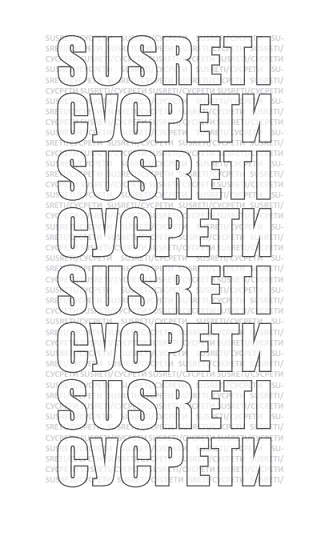
![Ilija Crijević / Aelius Lampridius Cervinus [1463. – 1520.]](/api/image/getissuecoverimage?id=picture_2019_50749.jpg)
